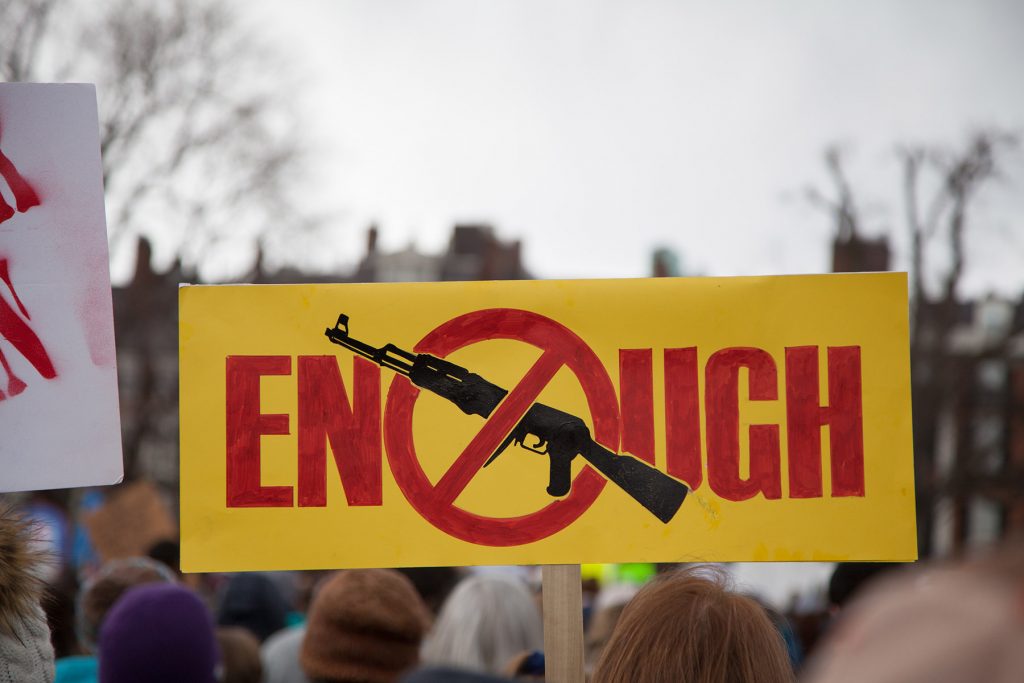
Many lawsuits have stemmed from the October 1, 2017 mass shooting in Las Vegas that claimed the lives of 58 people when an assailant fired on 22,000 concertgoers from his 32nd floor room at the Mandalay Bay hotel. Over 420 people were wounded with gunfire, and the panic that ensued as the bullets rained down resulted in over 850 injuries at the Route 91 Harvest Music Festival that featured some of the nation’s most beloved country music performers. The massacre in Las Vegas is the deadliest mass shooting in United States history.
Legal Action Following the Massacre
Victims and their families have sued the resort, and, in what many call a despicable legal maneuver to avoid liability, MGM Resorts International, which owns the Mandalay Bay hotel, has sued over 1,000 of the victims. Promoters of the Harvest Music Festival have also been sued, and now, James Parsons and his wife, Anne-Marie have filed a wrongful death lawsuit against Colt and seven other gun manufacturers, along with gun shops in Nevada and Utah, “arguing their weapons are designed to be easily modified to fire like automatic weapons.” The lawsuit is among more than a dozen filed since the worse mass shooting in American history; however, it’s the first to target a gun maker.
The wrongful death lawsuit is the latest case to challenge a federal law shielding gun manufacturers from liability and alleges that “gun makers marketed the ability of the AR-15-style weapons to be easily modified to mimic machine guns and fire continuously, violating both a state and federal ban on automatic weapons.” The Parsons are the parents of Carrie Parson, 31, who was killed by the assailant on that fateful day in October 2017.
They argue in the suit that the firearms made by the gun makers and sold by the gun retailers are “thinly disguised machine guns that the manufacturers knew could be easily modified, even without the use of a bump stock. A bump stock is a gun attachment used by the Las Vegas shooter allowing him to fire in rapid succession like a machine gun. Earlier this year, the Trump Administration banned bump stocks making it illegal to possess them under the same federal laws that prohibit machine guns.
Lawsuits Against Gun Makers Previously Prohibited
In the past, courts have rejected lawsuits against gun manufacturers and dealers, citing a 2005 federal law that shields gun makers from liability in most cases when their products are used in crimes. Joshua Koskoff, the attorney for the Parsons family, is also representing relatives of victims of the Newtown school massacre in a similar lawsuit. In March 2019, the Connecticut Supreme Court ruled that gun-maker, Remington, could be sued for how it marketed an AR-15-style rifle used to kill 20 first graders and six teachers at Sandy Hook Elementary School in 2012.
At the time of this writing, none of the parties named in the Parsons’ lawsuit have responded to requests for comment.
